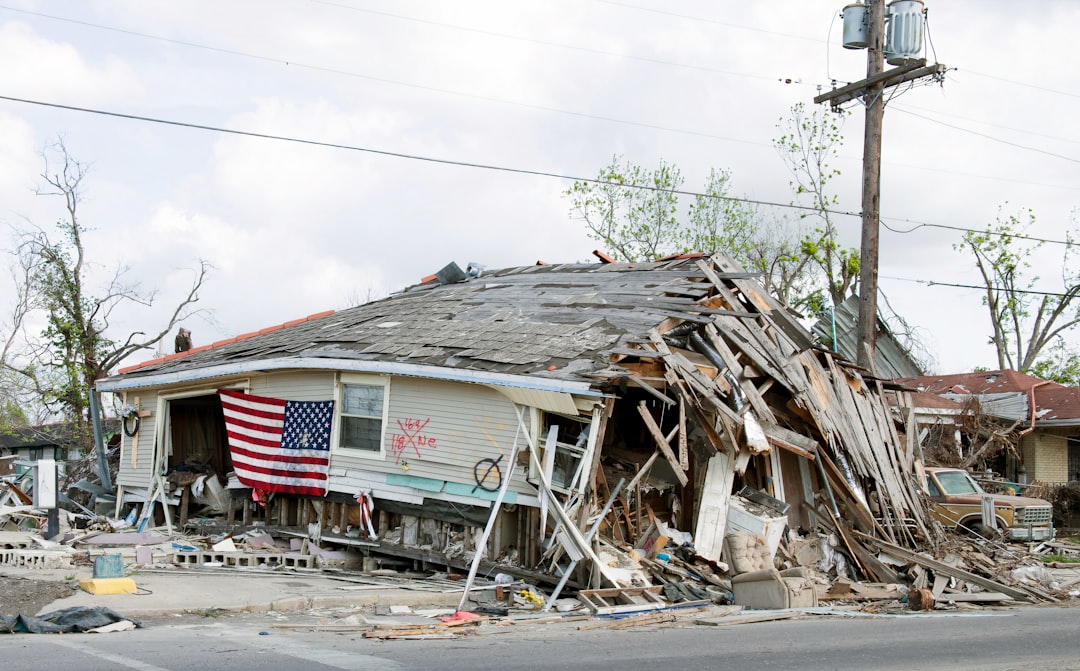T-Mobile's ScamShield is a powerful security tool that blocks robocalls and spam in Louisiana, offering residents peace of mind. With advanced algorithms, it distinguishes legitimate calls from scams, empowering users to focus on important communications. Louisiana has stringent Do Not Call laws and specialized robocall/spam call lawyers navigate these regulations to protect residents from fraudulent automated messages and malware installations. These legal professionals ensure consumers' rights are respected and advocate for broader protections, making Louisiana a safer digital environment.
“In an era where robocalls have become a ubiquitous nuisance, T-Mobile’s ScamShield stands as a beacon of protection for Louisiana residents. This article delves into the intricate workings of ScamShield, revealing how it identifies and labels suspicious calls.
We explore the vital role of a robocall lawyer in Louisiana, providing insights into their importance in safeguarding consumer rights against spam calls and unauthorized robocalls. Additionally, we navigate the state’s stringent Spam Call laws and Do Not Call regulations, empowering Louisiana residents with knowledge to protect themselves.”
Understanding T-Mobile ScamShield: How It Works for Louisiana Residents

T-Mobile ScamShield is a powerful tool designed to protect Louisiana residents from unwanted and potentially harmful robocalls. This service acts as a guard, labeling and filtering out suspicious phone calls before they reach your device. By utilizing advanced algorithms, it identifies patterns indicative of scam or spam activities, ensuring that residents’ peace of mind is maintained.
For Louisiana users, ScamShield offers a layer of security against not just robocalls but also other forms of nuisance calls. It distinguishes between legitimate calls and those deemed suspicious, allowing users to focus on important communications. With the help of this technology, residents can rest assured that they are less likely to fall victim to scams, and any potentially illegal calls are swiftly identified and dealt with.
The Role of a Robocall Lawyer in Louisiana: Protecting Your Rights

In Louisiana, the role of a robocall lawyer is pivotal in protecting residents from unwanted and fraudulent automated calls, commonly known as robocalls. These pre-recorded messages, often used for telemarketing or phishing scams, can be particularly bothersome and even dangerous, misleading recipients into revealing personal information or unknowingly installing malware. A robocall attorney in Louisiana specializes in navigating the state’s robust Do Not Call laws and spam call regulations. They help consumers understand their rights and take action against violators, ensuring that Louisiana residents are not bombarded with unwanted calls.
With the ever-evolving landscape of communication technology, these legal professionals stay updated on the latest robocall tactics and technologies. They work closely with law enforcement and regulatory bodies to enforce the state’s strict robocall laws, which include provisions for fines and penalties against telemarketers who disregard consumer rights. A spam call law firm in Louisiana not only helps individuals but also advocates for broader protections, contributing to a safer and less disruptive digital environment for all residents.
Navigating Louisiana's Spam Call Laws and Do Not Call Regulations

Louisiana residents are protected by both state and federal laws designed to combat spam calls and protect consumers from unwanted telemarketing practices. The Telephone Consumer Protection Act (TCPA) at the federal level sets guidelines for automated telephone calling, including restrictions on robocalls. In Louisiana, the Do Not Call Registry and specific robocall laws further safeguard citizens from nuisance calls.
Navigating these regulations can be complex, especially with evolving technologies. A robocall lawyer or attorney specializing in spam call laws in Louisiana can provide guidance to users facing persistent or suspicious calls. These legal experts help ensure that individuals’ rights are respected while offering strategies to block and manage unwanted communications. They also assist in identifying potential violations of the state’s Do Not Call regulations, enabling consumers to take appropriate action against offending parties.






